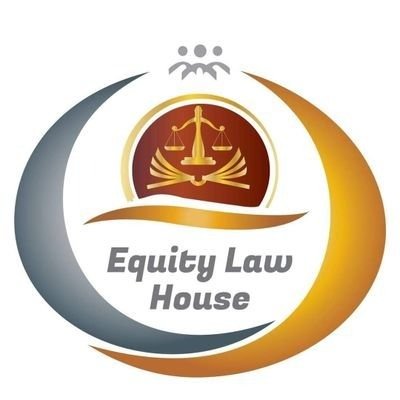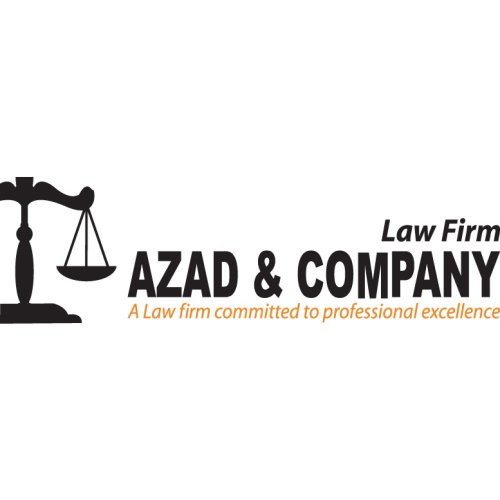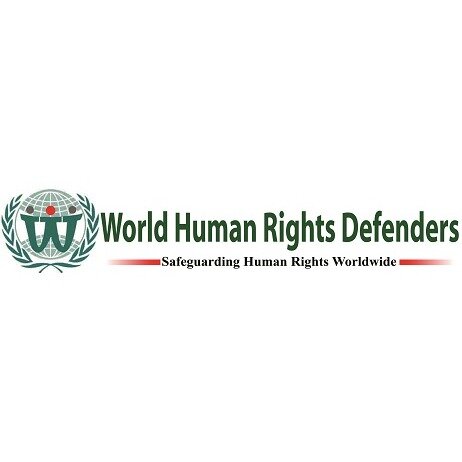Best Financial Services Regulation Lawyers in Bangladesh
Share your needs with us, get contacted by law firms.
Free. Takes 2 min.
Or refine your search by selecting a city:
List of the best lawyers in Bangladesh
About Financial Services Regulation Law in Bangladesh
Financial Services Regulation in Bangladesh is governed by a comprehensive framework that ensures stability, transparency, and efficiency in the financial sector. The central regulatory authority overseeing financial services is the Bangladesh Bank, which is responsible for maintaining the monetary and financial system's integrity. Additionally, the Securities and Exchange Commission (SEC) regulates the capital markets. Regulatory measures cover aspects such as banking operations, securities exchange, anti-money laundering, and customer protection. The evolving landscape of fintech also falls under this regulatory scope, ensuring that new technologies align with the country's legal and ethical standards.
Why You May Need a Lawyer
Individuals and businesses might require legal assistance in financial services regulation for various reasons, including:
- Navigating Compliance: Companies must adhere to complex regulatory requirements, and a lawyer can help interpret these laws to ensure compliance.
- Resolving Disputes: Disputes may arise between financial institutions and their clients, requiring mediation or litigation.
- Licensing and Registration: Legal help is crucial for financial entities seeking licenses or registration to operate legally.
- Handling Investigations: Financial investigations by regulatory authorities can be daunting, and a lawyer ensures proper representation and guidance.
- Contract Drafting and Review: Legal expertise is essential in drafting robust contracts that comply with financial regulations.
Local Laws Overview
The key aspects of local laws relevant to financial services regulation in Bangladesh include:
- The Bangladesh Bank Order 1972: Establishes the central bank and sets out its powers and functions in regulating banking activities.
- Bank Companies Act 1991: Regulates the establishment and operation of banks and financial institutions, including provisions for mergers and acquisitions.
- Money Laundering Prevention Act 2012: Provides measures to detect and prevent money laundering activities effectively.
- Securities and Exchange Ordinance 1969: Governs the functioning of the capital markets and protects investors.
- Financial Reporting Act 2015: Ensures transparency and accountability in financial reporting by setting standards for financial audits and disclosures.
Frequently Asked Questions
What is the role of Bangladesh Bank in financial regulation?
Bangladesh Bank is the central bank tasked with regulating and supervising banks and financial institutions to ensure monetary and financial stability in the country.
How does one ensure compliance with financial regulations in Bangladesh?
Compliance is ensured through adherence to regulations outlined by Bangladesh Bank and other financial authorities, often with the help of legal and compliance experts.
What are the penalties for non-compliance with financial regulations?
Penalties range from fines and sanctions to the revocation of licenses, depending on the severity of the non-compliance issue.
Who regulates securities and exchange activities in Bangladesh?
The Securities and Exchange Commission (SEC) regulates the securities and capital markets in Bangladesh.
How effective are the anti-money laundering laws in Bangladesh?
The Money Laundering Prevention Act 2012 provides a robust framework for detecting and preventing money laundering, with measures in place for stringent enforcement.
What legal requirements must fintech companies meet in Bangladesh?
Fintech companies must comply with regulations related to financial services, including data protection, customer identification, and transaction monitoring.
Can foreign financial institutions operate in Bangladesh?
Yes, foreign financial institutions can operate, but they must comply with local laws and obtain the necessary licenses from Bangladesh Bank.
What steps should be taken if a financial dispute arises with a bank?
Engage a lawyer specializing in financial regulations who can mediate or represent you in litigation against the bank.
Is there a legal requirement for financial audits?
Yes, financial institutions are required to conduct audits in accordance with the Financial Reporting Act 2015, ensuring transparency and accountability.
Where can I find more information on financial regulations?
Details can be accessed from the Bangladesh Bank's publications, regulatory guidelines, and official notifications.
Additional Resources
For further assistance and resources related to financial services regulation in Bangladesh, consider consulting:
- Bangladesh Bank: Provides comprehensive guides, circulars, and notifications.
- Securities and Exchange Commission (SEC): Offers insights into capital market regulations.
- Lawyers and Law Firms: Specializing in financial regulations.
- Chambers of Commerce: Often provide resources and information for businesses.
Next Steps
If you require legal assistance in financial services regulation, consider taking the following steps:
- Identify Your Needs: Clearly define your legal issue or requirement related to financial services.
- Research Lawyers: Look for lawyers or law firms specializing in financial regulation law in Bangladesh.
- Schedule Consultations: Meet with potential legal representatives to discuss your case and get advice.
- Gather Documentation: Compile all relevant documents, contracts, and records that pertain to your issue.
- Engage a Lawyer: Once you've identified the right legal expert, formally engage them to assist with your case.
Lawzana helps you find the best lawyers and law firms in Bangladesh through a curated and pre-screened list of qualified legal professionals. Our platform offers rankings and detailed profiles of attorneys and law firms, allowing you to compare based on practice areas, including Financial Services Regulation, experience, and client feedback.
Each profile includes a description of the firm's areas of practice, client reviews, team members and partners, year of establishment, spoken languages, office locations, contact information, social media presence, and any published articles or resources. Most firms on our platform speak English and are experienced in both local and international legal matters.
Get a quote from top-rated law firms in Bangladesh — quickly, securely, and without unnecessary hassle.
Disclaimer:
The information provided on this page is for general informational purposes only and does not constitute legal advice. While we strive to ensure the accuracy and relevance of the content, legal information may change over time, and interpretations of the law can vary. You should always consult with a qualified legal professional for advice specific to your situation.
We disclaim all liability for actions taken or not taken based on the content of this page. If you believe any information is incorrect or outdated, please contact us, and we will review and update it where appropriate.
Browse financial services regulation law firms by city in Bangladesh
Refine your search by selecting a city.

















